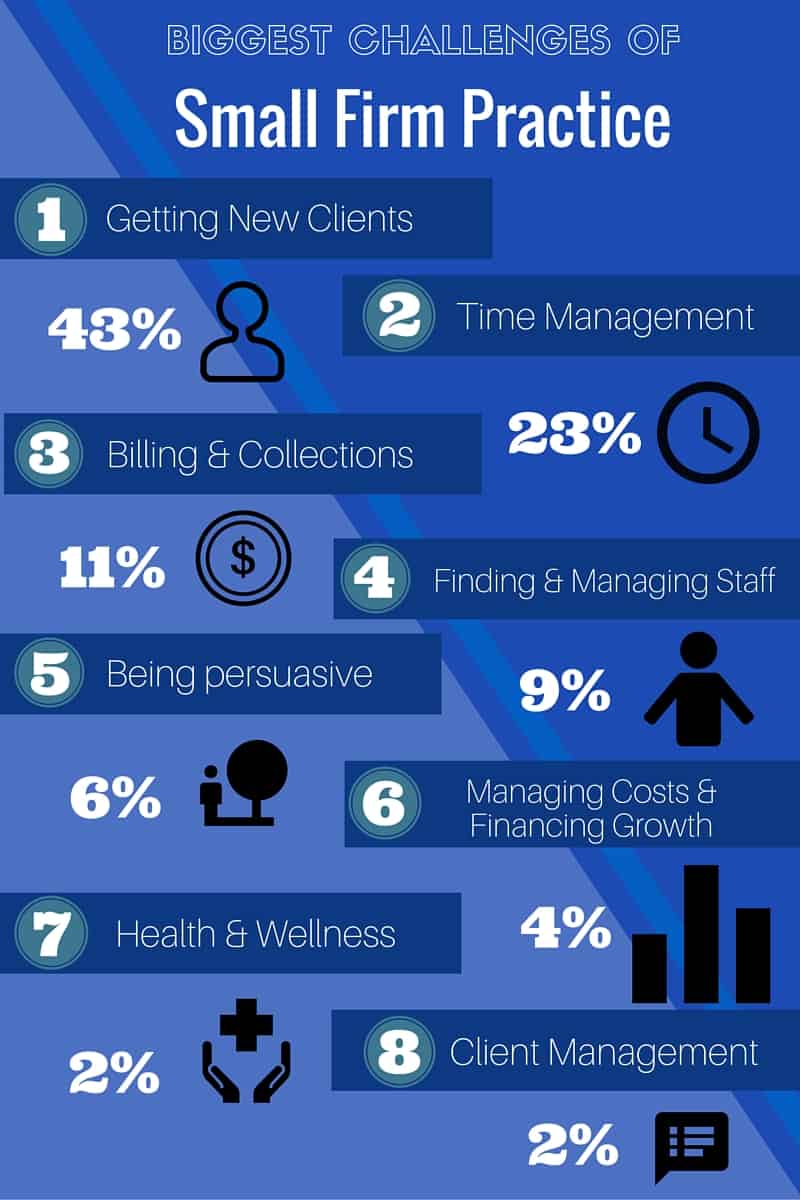Explore The Advancement Of Criminal Regulation As Legal Experts Have Reshaped It Over The Centuries, Transitioning From Religious Legislations To Rehabilitation-Centered Strategie
Explore The Advancement Of Criminal Regulation As Legal Experts Have Reshaped It Over The Centuries, Transitioning From Religious Legislations To Rehabilitation-Centered Strategie
Blog Article
Web Content Author-Fog Church
Legal specialists, from old times to contemporary age, have formed the landscape of criminal legislation. They interpret regulations, propose reforms, and advocate for justice evolution. Faiths when determined punishments, yet professionals fine-tuned legal systems for fairness and effectiveness. Specialists continue to resolve emerging obstacles like cybercrimes and promote rehabilitation-oriented solutions. The influence of professionals is profound, forming the lawful structure over centuries. Explore https://www.wbur.org/news/2022/05/28/suspects-arent-entitled-to-a-lawyer-at-clerks-hearings-in-mass-but-having-one-makes-a-huge-difference in shaping criminal regulation's development.
Very Early Impacts on a Criminal Regulation
When examining the very early influences on criminal regulation, you have to take a look at the social standards and values that shaped lawful systems. In old cultures, legislations were usually based upon faiths and moral codes. Offenses were viewed as not just criminal activities versus people however additionally versus the gods or the all-natural order. Punishments were typically extreme and aimed at revenge as opposed to rehabilitation.
As people evolved, so did their lawful systems. The ancient Mesopotamians, as an example, developed among the earliest well-known legal codes - the Code of Hammurabi. wacdl established particular punishments for different criminal offenses and set a criterion for written legislations that were applied uniformly to all participants of society.
Similarly, the ancient Greeks presented the idea of a test by jury, where a team of residents would certainly choose the innocence or shame of the implicated. This noted a change towards a much more democratic and participatory legal system.
These early impacts laid the structure for modern-day criminal legislation, stressing the significance of social values, fairness, and the guideline of law.
Experts in Medieval Legal Systems
During the middle ages duration, specialists in lawful systems played an essential function in shaping and translating legislations that regulated social conduct and order. These specialists, typically referred to as jurists or legal scholars, were deeply knowledgeable concerning the complex legal frameworks of the time. They was in charge of recommending leaders, nobles, and clergy on matters of legislation, as well as for composing lawful papers and mandates.
One substantial team of lawful specialists throughout this era were the canon lawyers, who managed issues worrying the Church and ecclesiastical law. Canon lawyers contributed in creating the legal concepts that regulated spiritual establishments and practices, making certain conformity with churches and norms.
Furthermore, civil law specialists in middle ages Europe, such as the Roman-influenced legal experts, contributed to the advancement of nonreligious lawful systems. They offered proficiency in analyzing Roman law codes and adjusting them to match the evolving social needs of the moment.
Modern Legal Reforms and Professionals
In the realm of modern-day lawful systems, specialists remain to play a pivotal role in shaping and applying critical reforms. These professionals, ranging from legal scholars to policymakers, contribute in assessing existing laws, determining areas for renovation, and recommending effective solutions. Through their experience and experience, they contribute significantly to the evolution of criminal regulation, making sure that it remains pertinent and just in contemporary culture.
Legal reforms led by professionals typically intend to enhance the efficiency of the justice system, promote fairness in legal procedures, and address arising obstacles such as cybercrimes and worldwide law enforcement. https://docs.google.com/spreadsheets/d/1iDiLLXdUx9GJ-MMQdgrpwGA6irKBasfS3tB9gNTFwvM/edit?usp=drive_link collaborate with legislators and law enforcement agencies to establish legislation that mirrors societal worths and breakthroughs the concepts of justice.
Moreover, specialists in modern legal systems are at the forefront of advocating for reforms that prioritize rehab over punitive measures, identifying the value of resolving source of criminal actions and advertising lasting societal health. Their efforts not just form the lawful landscape but also add to developing a much more fair and efficient criminal justice system for all.
Verdict
As experts have actually formed the evolution of criminal legislation throughout background, one can see the transformative power of expertise in the lawful landscape.
Just like a competent architect very carefully makes a building to stand up to the test of time, legal experts have carefully crafted regulations to maintain justice and order in society.
From old human beings to modern reforms, the proficiency of legal professionals has contributed in shaping the regulations that regulate our world today.
